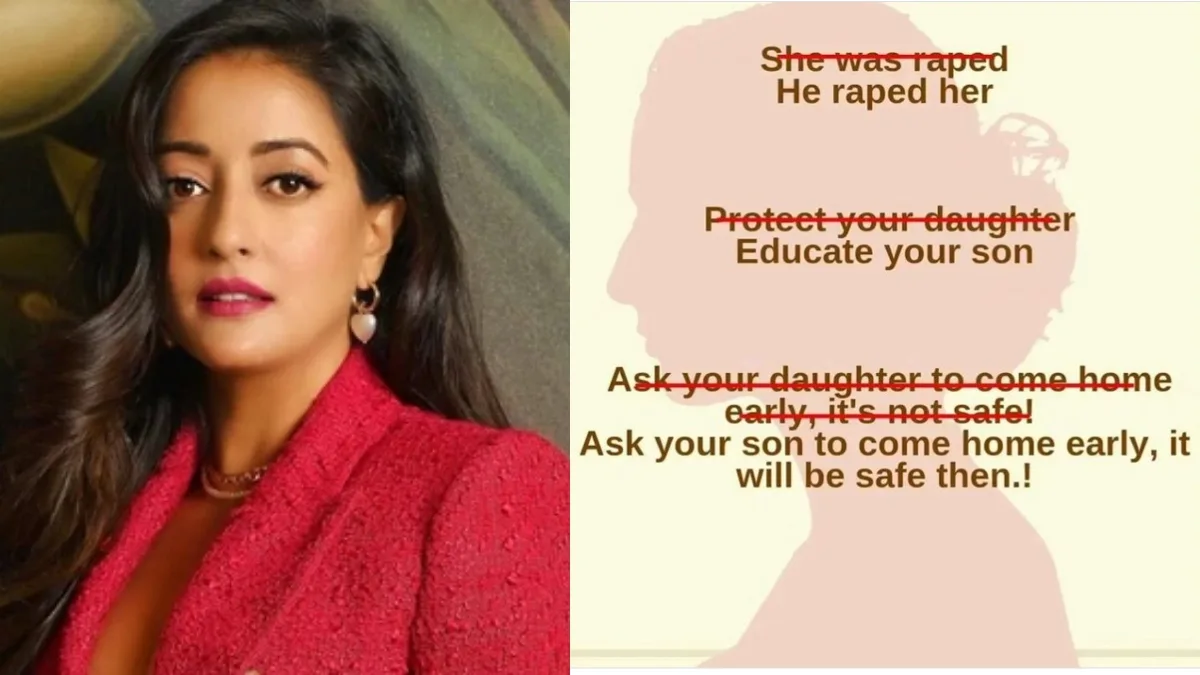The ongoing debate on women’s safety in the entertainment industry has gained new momentum, thanks to recent remarks by actor Ritabhari Chakraborty. Chakraborty sparked controversy by asserting that sexual abuse and harassment are just as pervasive in Bengali cinema as they are in other industries. This statement has prompted varied reactions, including one from fellow actor Raima Sen, who has extensive experience in both Bengali and Hindi cinema.
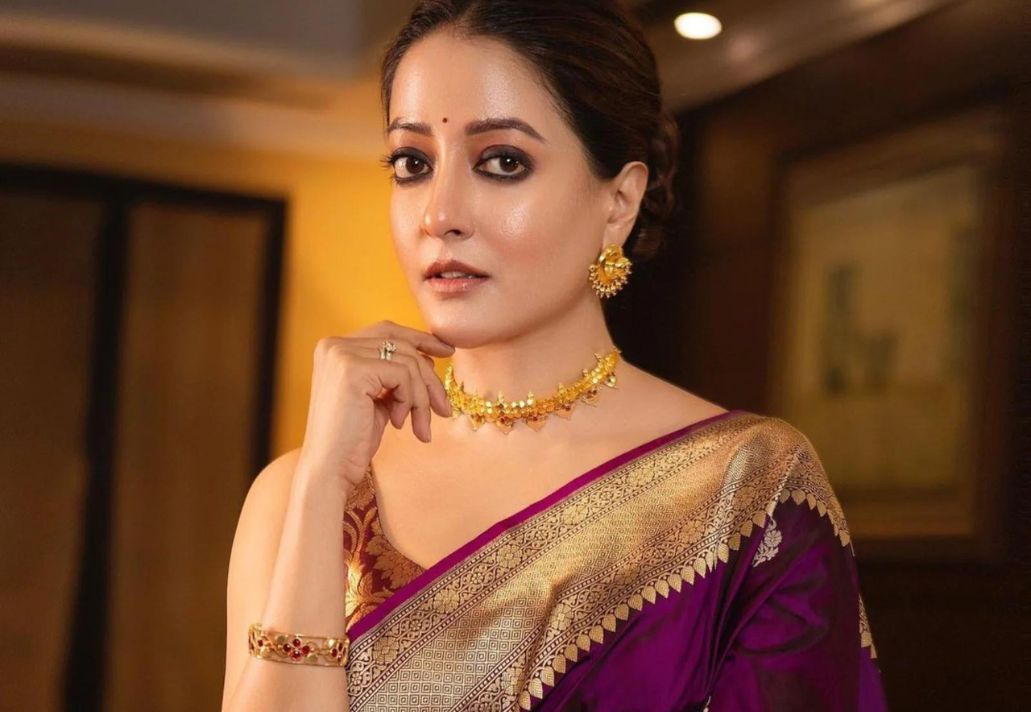
Sen, 44, while acknowledging the possibility of such issues across all industries, refrained from personal commentary on the matter, stating, “I am sure it’s happening in all industries. I haven’t faced it [issues concerning women’s safety], so I can’t comment on it. But, the conclusion to all this remains the same.”
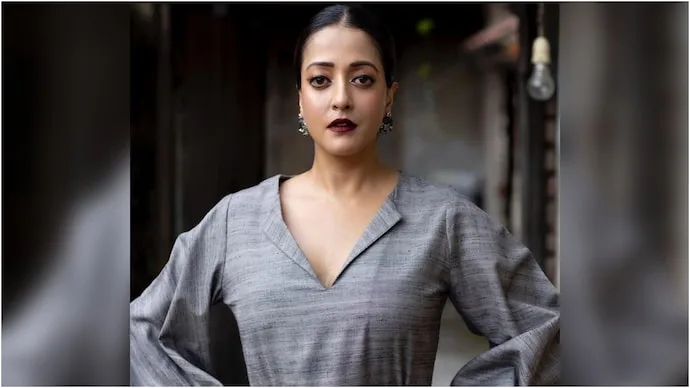
Shifting the conversation to a broader perspective, Sen emphasized the urgent need for stronger legal frameworks to protect women. “Strict laws for the protection of women is a priority right now. The #MeToo movement happened in India and nothing came about from it. The only way to stop rapes is to give harsher punishments even for ‘lesser offences,’” she asserted.
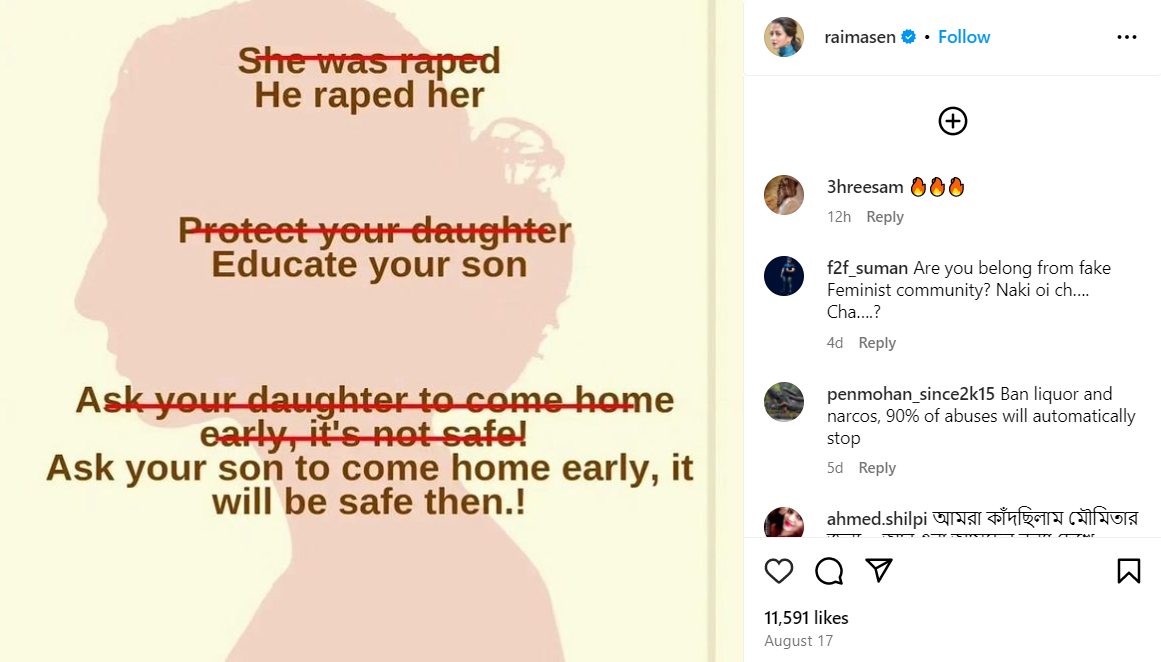
Despite her own fortunate experience of not encountering harassment within the industry, Sen admitted that the pervasive sense of insecurity still affects her. “Sexual harassment happens everywhere. There’s no point in pulling off another #MeToo,” she said, expressing frustration with the cyclical nature of such issues. “Women need to feel safe,” she added.
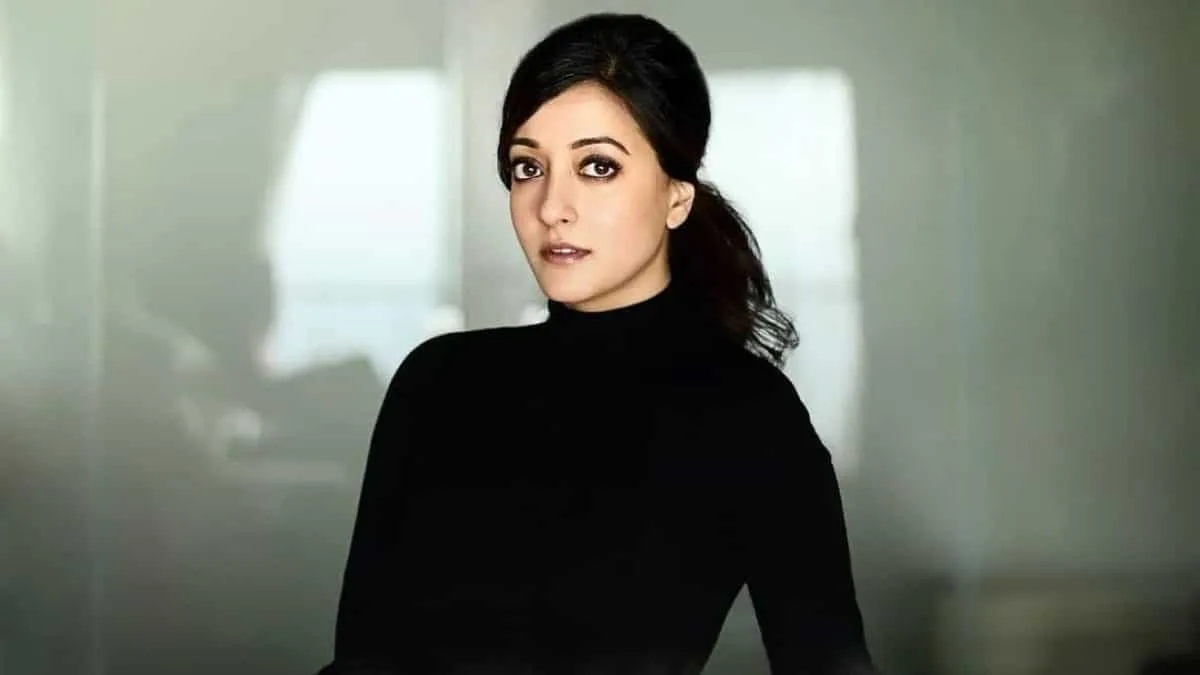
Sen further argued for greater female representation in the legislative process, particularly concerning laws related to women’s safety. “Only women can make laws in India that can protect women. As long as men make the laws for women, women aren’t safe. It can be any state and any politician, it doesn’t matter. Rapes are happening all over the country and they are all handled badly in every state. We need intelligent women lawmakers and intellectuals to shape the law, which will then be implemented by the government and judicial systems,” she concluded.
Sen’s comments highlight a growing call for systemic change in both the entertainment industry and the broader societal framework to ensure the safety and protection of women.

